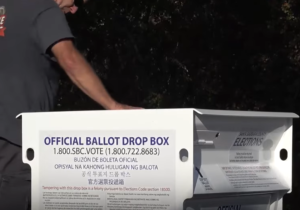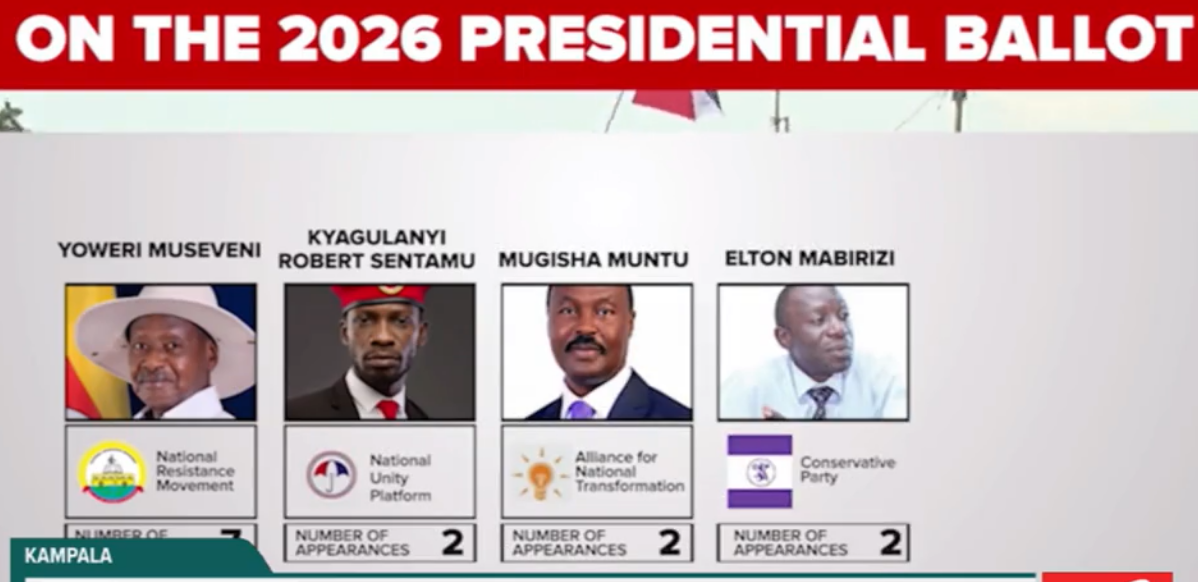Photos: YouTube Screenshots
On July 18, 2023, Democratic leaders in the U.S. Senate and House of Representatives jointly refiled the Freedom to Vote Act (S. 1, H.R. 11), 18 months after a previous version passed the House and had the support of 50 senators but was ultimately filibustered in the Senate. This far-reaching reform package would set baseline national standards for federal elections that would override many anti-democracy laws passed by at least 20 state legislatures in the past few years. It would also reduce the corrupting influence of special interest money in politics and end partisan gerrymandering.

The Freedom to Vote Act remains transformative legislation that our democracy needs not only to survive but to thrive for future generations of Americans. Its full range of reforms would go far in building a stronger, more inclusive democracy that more fairly represents all Americans, no matter their ZIP code, race, age, or party affiliation. Moreover, the legislation would help rebuild trust in U.S. elections and the political process, which, in turn, would increase faith in government and reduce the harmful extremism and violence that have been corroding our system.
This column discusses nine specific ways the Freedom to Vote Act would strengthen American democracy in the wake of coordinated efforts to weaken it.
Background
In just a few short years, the Freedom to Vote Act—which the Center for American Progress has discussed in prior publications—has become ever more critical and a linchpin of the pro-democracy reform movement. Along with the John R. Lewis Voting Rights Advancement Act (H.R. 4), which would update and restore crucial parts of the Voting Rights Act of 1965, and Washington, D.C., statehood legislation (S. 51, H.R. 51), the Freedom to Vote Act would address some of the most pressing challenges to free and fair elections and campaign-related corruption.
In January 2022, the House passed the Freedom to Vote Act, but a few weeks later, the bill was blocked from debate in the Senate by outmoded filibuster rules despite having the support of 50 senators and the vice president, who would have been called on to break a tie. Subsequently, two Democratic senators joined every Republican senator in rejecting a change to filibuster rules that would have more easily allowed the legislation to pass by a simple majority vote.
The Freedom to Vote Act would be a huge step toward creating a more resilient and fully representative democracy that can more effectively deliver tangible results for the American people.
READ MORE








